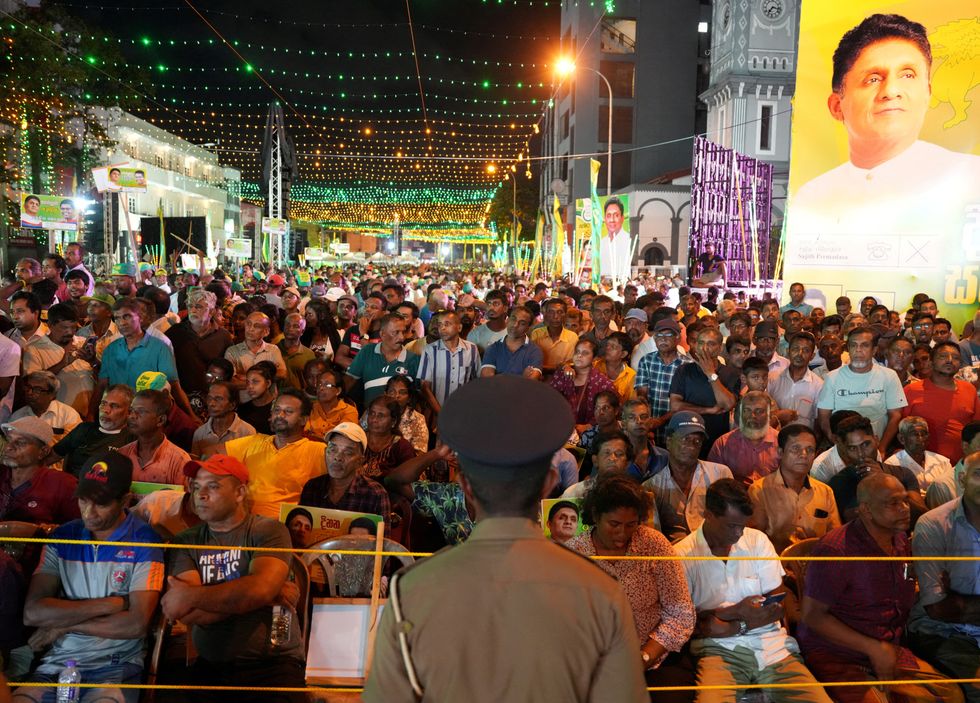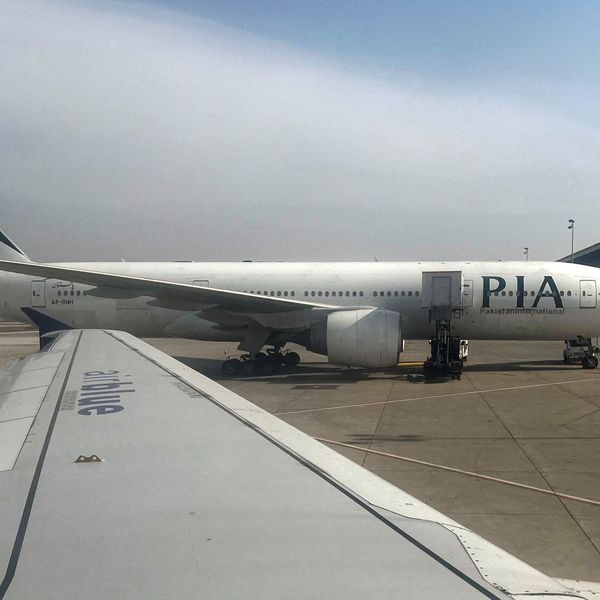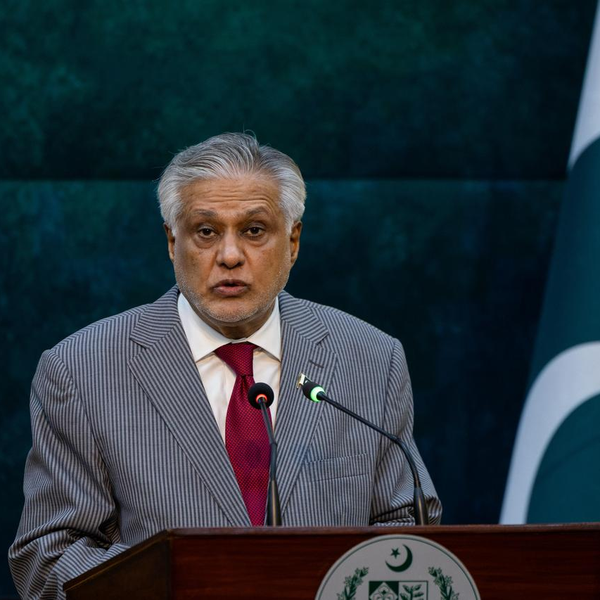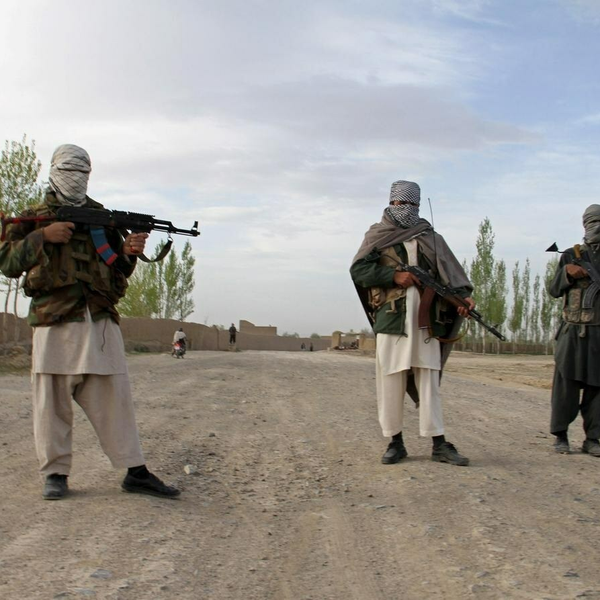For Sri Lanka's minority Tamils, election does not offer hope
Election outcome will largely reflect the will of the Sinhala majority rather than addressing Tamil concerns.
Reuters
News Agency Partner
Reuters is a leading source of news and information, delivering fact-based reporting and expert analysis on international events and trends.

Fisherman Parasamy Thanabalasingam, 62, waits to auction fresh fish next to election campaign posters at a market in Jaffna, Sri Lanka September 18, 2024
Reuters
Ethnic minority Tamils in Sri Lanka, who comprise 12% of the population, feel sidelined in the upcoming presidential election
The legacy of a 26-year civil war, combined with the recent economic collapse exacerbated by the COVID-19 pandemic, has left many Tamils struggling and without much hope
Tamil voters are divided among various factions and candidates, leading to a lack of unified political representation
Scarred by a decades-long civil war and struggling to survive in Sri Lanka's crippled economy, ethnic minority Tamils in the island nation say they have little hope that Saturday's presidential election will improve their lot by much.
Tamils form 12% of the country's 22 million population, but have long been electorally sidelined, as most candidates belong to the majority Sinhala population and many Tamils say they have no hope of a better future from those candidates.
A 26-year civil war between Tamil insurgents, who wanted a separate Tamil nation in the north and east of the country, and government forces ended in 2009. Rights groups accuse both sides of abuses during the conflict in which 40,000 people died, according to U.N. estimates.
"After we recovered from the losses that we faced during the war, we faced the Corona virus pandemic and the economic crisis ... I don't have any hope," Paramasamy Thanabalasingam, a 62-year-old fisherman in Jaffna, capital of the Northern Province, told Reuters.
Sri Lanka votes on Saturday to elect a new president for a five-year term, the first election since a severe shortfall of dollar reserves pushed the South Asian island into its worst financial freefall in decades.

Traditionally, Tamils have voted for Tamil parties which are active in northern Sri Lanka, but Thanabalasingam says their vote is now split among many factions which claim to represent the minority's concerns.
"As of now, only a Sinhala candidate can be a president, there is a Tamil candidate as well but our Tamil politicians are split in several ways," he said.
"The decision (of who will be president) will be made by the majority Sinhala people, that is why I feel there won’t be any change," he said.
President Ranil Wickremesinghe, a Sinhalese standing for the first time as an independent candidate, is among the 38 candidates contesting Sri Lanka's presidential election on Saturday. The election is shaping to be a close race between Wickremesinghe, opposition leader Sajith Premadasa, and Marxist-leaning politician Anura Kumara Dissanayake.
Thanabalasingam says he and his family were displaced during the civil war, and the COVID-19 pandemic coupled with Sri Lanka's economic crisis has worsened their condition.
Muththu Sivamohan, 66, secretary of a farmers’ union in Iranaimadhu, also in the Northern Province, said most Tamil farmers are slowly recovering from the 2022 economic collapse but are deep in debt due to expenses incurred during the crisis.
"There has been no economic development in recent years," he said. "We are of the view that there has to be a change in the government to put an end to the corruption culture."
"At the same time, we cannot compromise on our rights for the sake of development. That’s why we decided to support the Tamil candidate as our first choice," he said.







Comments
See what people are discussing